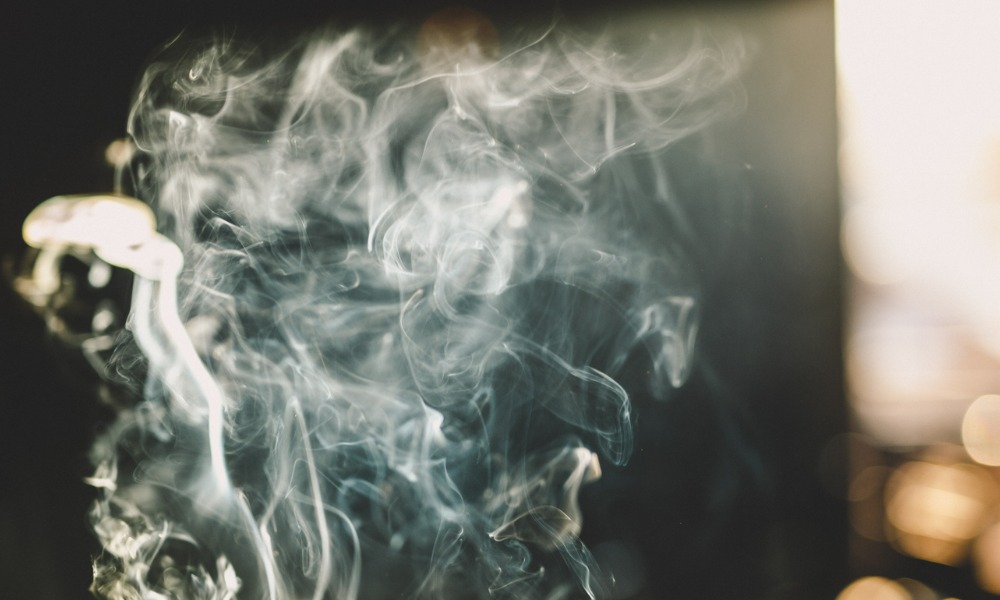'We're really leading the sector' claims OHS manager

The issue of hazardous drug fumes has emerged as a workplace health and safety hazard in British Columbia as the province experiments with decriminalization of illicit drugs. It’s particularly impacting workplaces in the supportive housing and healthcare settings.
“We believe we're really leading the sector here," claims Natalia Day, manager of occupational health and safety at the Victoria Cool Aid Society, which is a nonprofit organization based in British Columbia, and has been at the forefront of tackling these challenges head-on.
The organization operates the Tally Ho, which is a converted motel that serves as a supportive housing facility. Recently, a mental health and addictions worker at the Tally Ho spoke to local media anonymously, alleging she and her colleagues had been exposed to toxic drug fumes on a near daily basis, leading to frequent hospital visits for nausea and dizziness.
The anonymous worker was quoted in reports saying, “something has to get done about all of this…none of the workers are safe.”
But Day says many things have been done to improve the safety and wellbeing of staff. She says the organization has collaborated closely with partners, including WorkSafeBC, to tackle this evolving issue.
One significant step taken by the Victoria Cool Aid Society was comprehensive air sampling conducted at their facilities, notably the Tally Ho site, in consultation with an occupational hygienist. The results revealed the presence of contaminants in the air, prompting immediate action.
Day says they made upgrades to the HVAC system and erected additional fencing around the perimeter of the facility to prevent people from congregating, and potentially using drugs, close to the building.
Day says they also supplied staff with respirators. "We continue to apply respiratory protective equipment on a task-specific basis," she explains. Furthermore, the society prioritized communication with its staff, ensuring transparency throughout the process.
The implementation of these health and safety controls has yielded promising results. Day notes a significant improvement at the Tally Ho site, with no contaminants present in the air during a recent confirmation sampling. Such outcomes underscore the efficacy of proactive measures in mitigating hazards associated with drug fumes.
In light of the drug challenges faced by nurses at healthcare facilities across British Columbia, the Victoria Cool Aid Society's approach serves as a model for addressing similar issues. While cautious not to comment directly on other institutions, Day expresses support for collective efforts to prioritize staff safety.
"Through the application of those health and safety measures, we have seen really great improvements at the site." The Victoria Cool Aid Society remains committed to collaboration and continuous improvement, ensuring a safe environment for both staff and residents.





